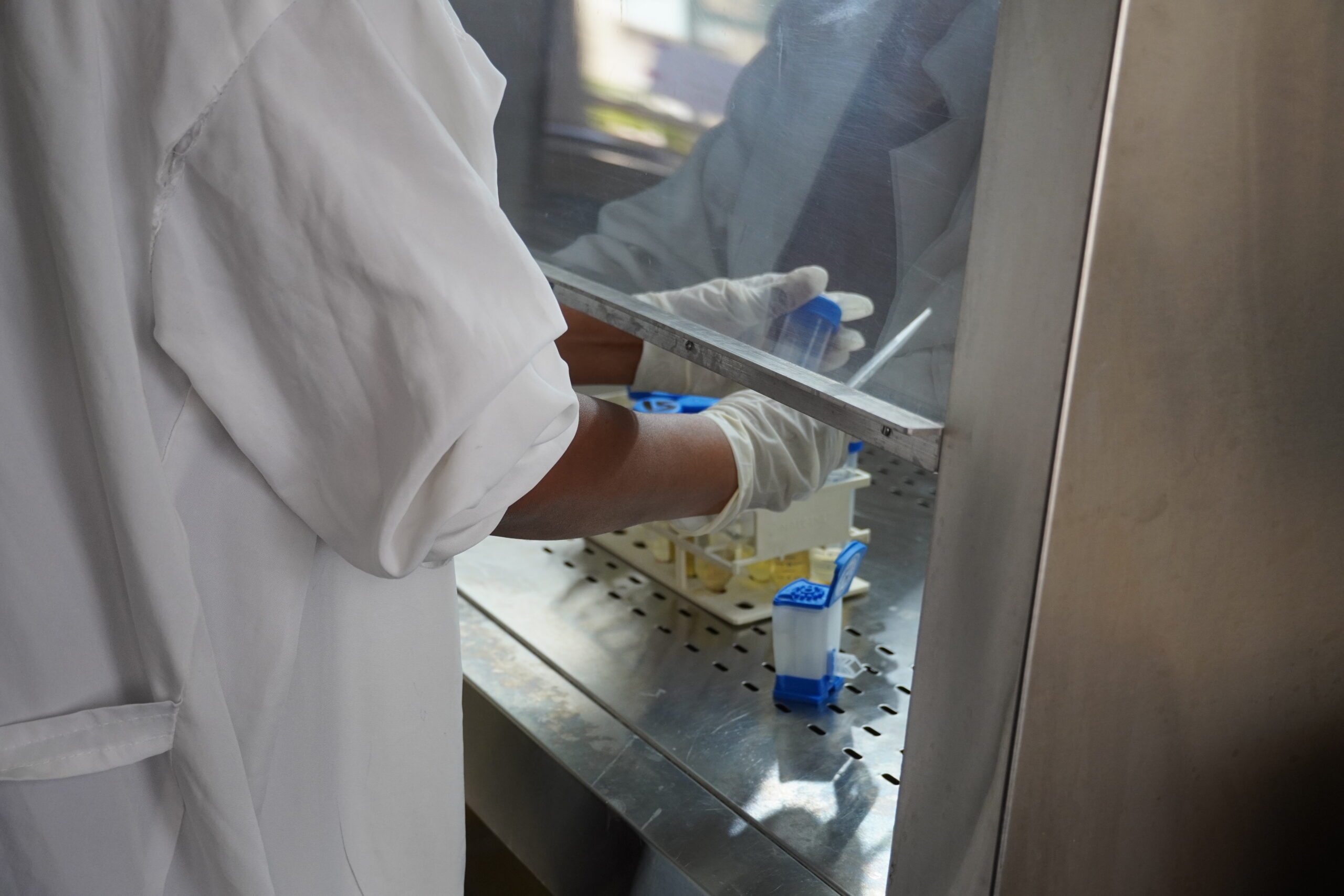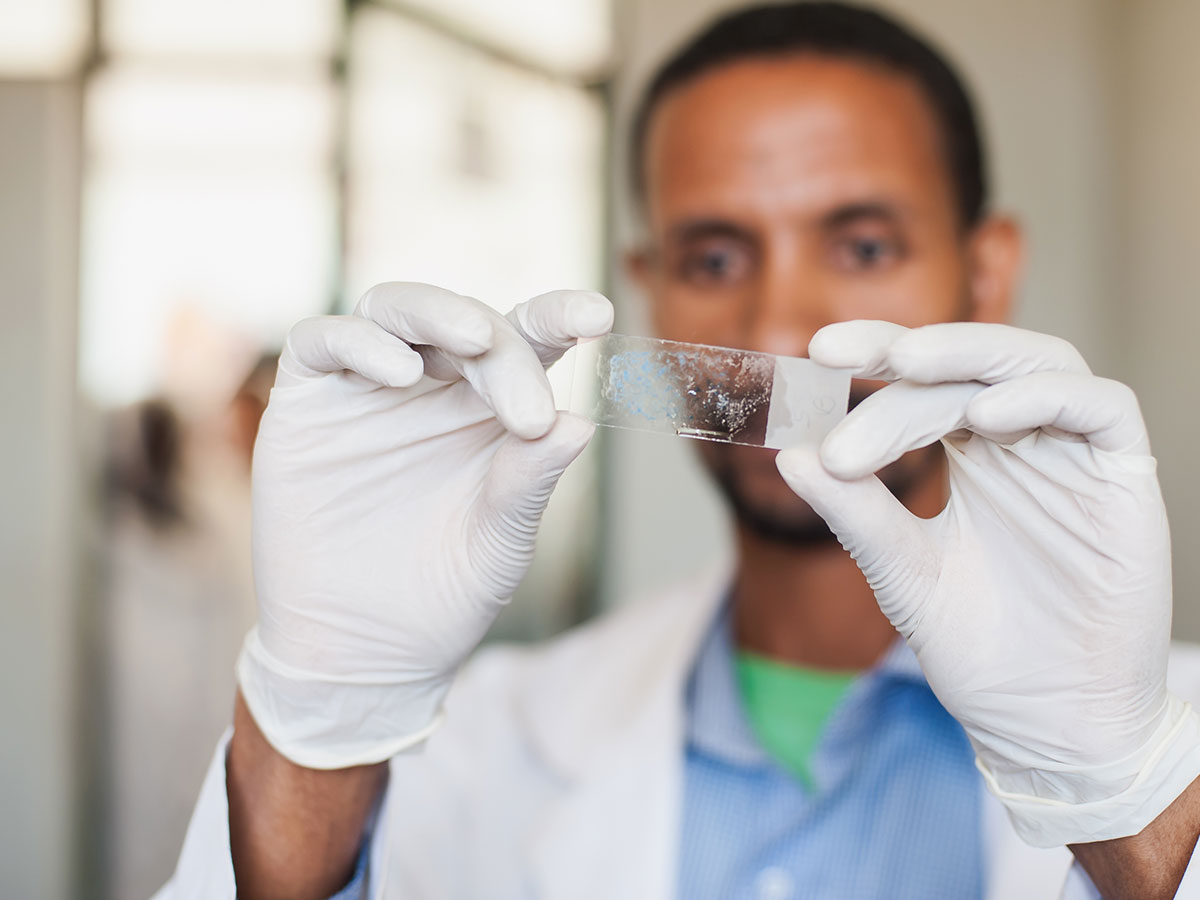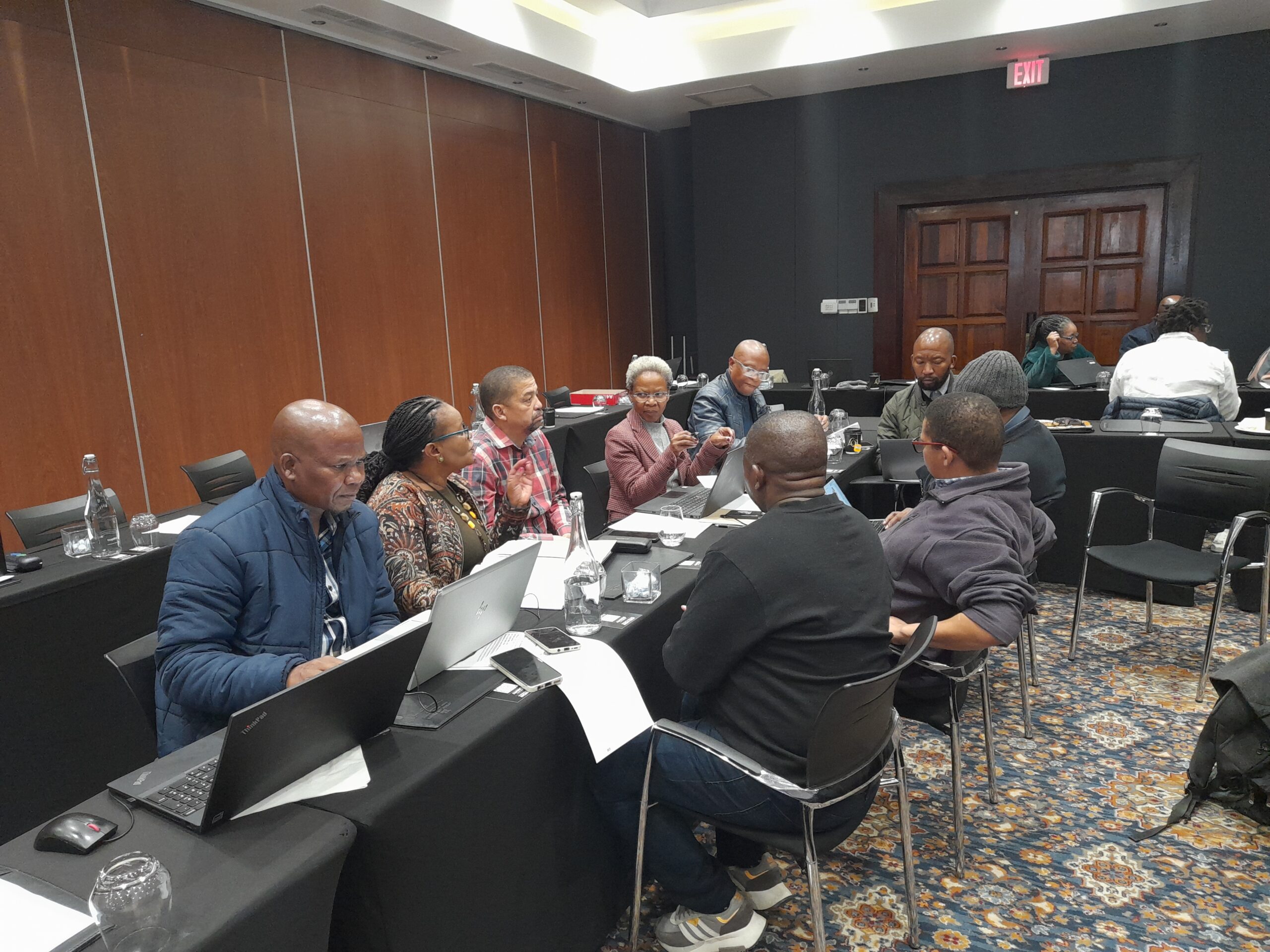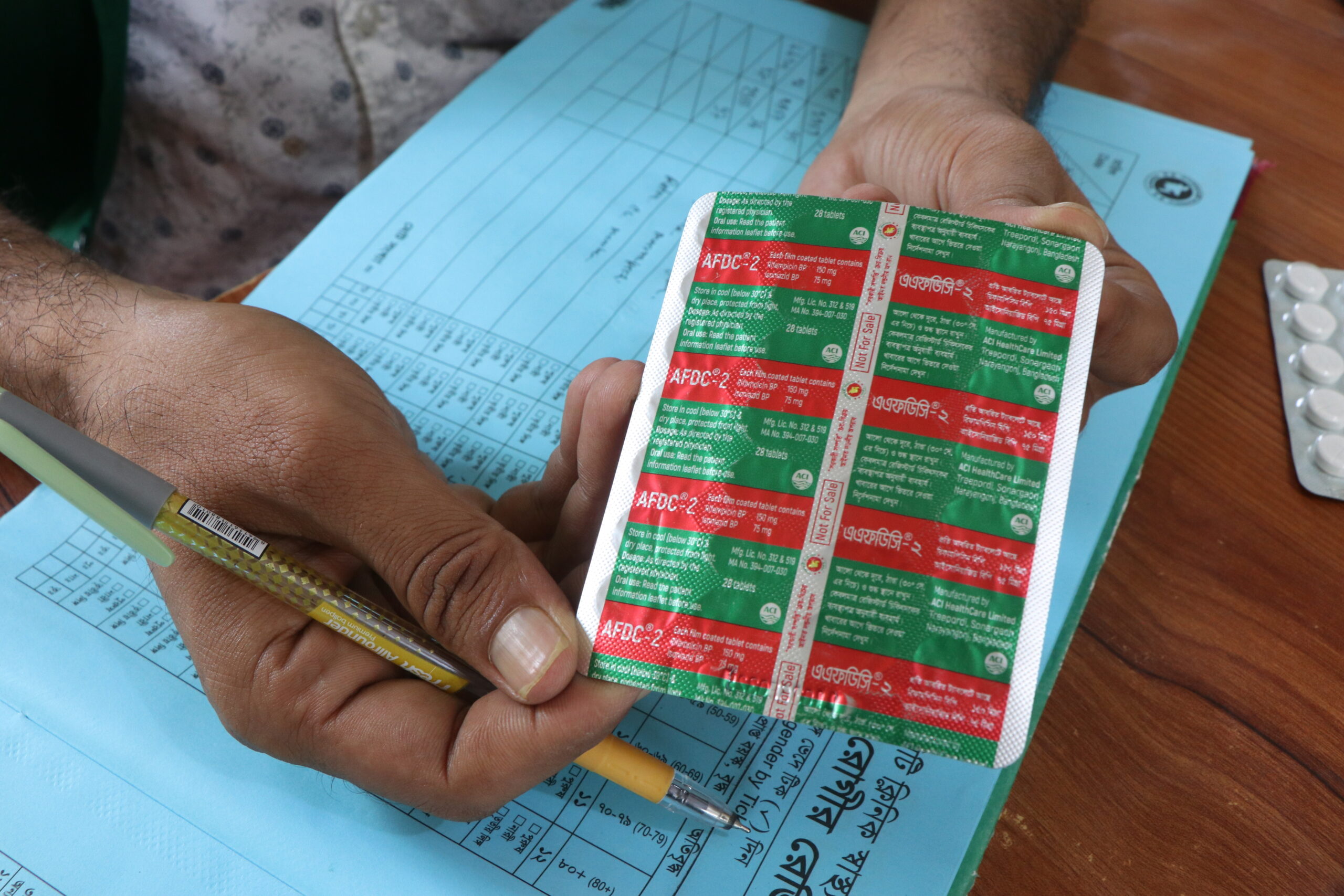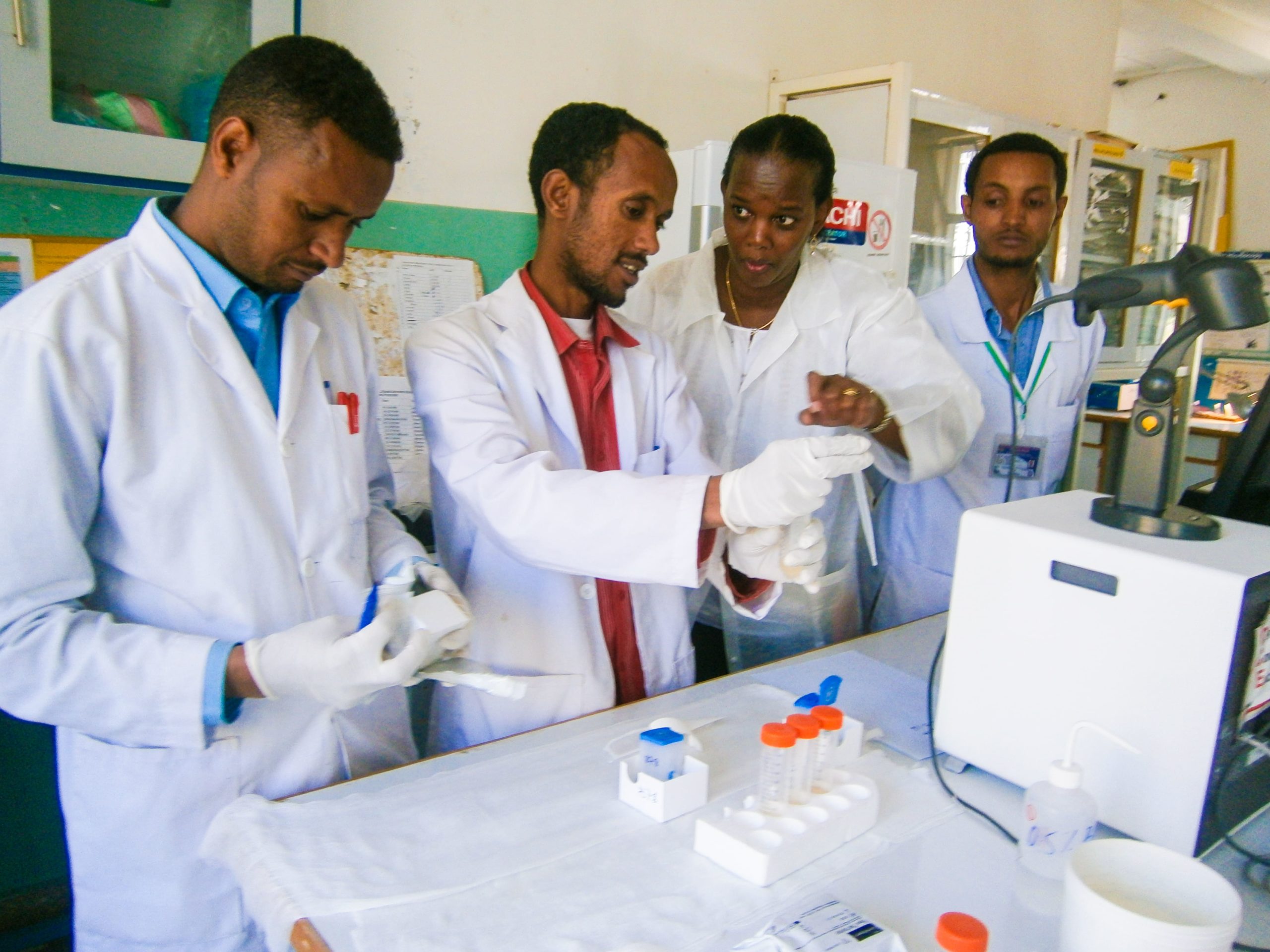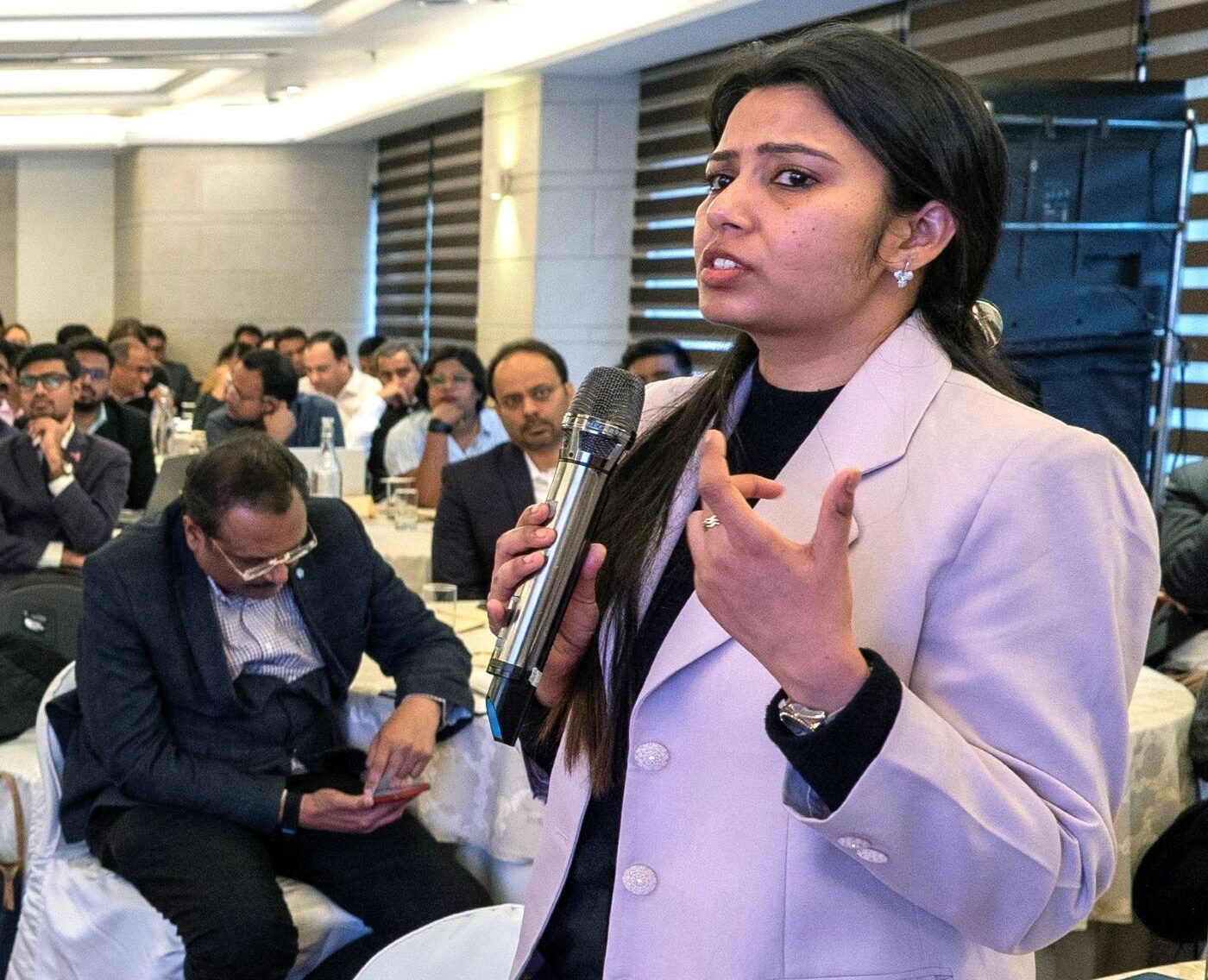Health Systems for Tuberculosis (HS4TB)
Health Systems for Tuberculosis (HS4TB)
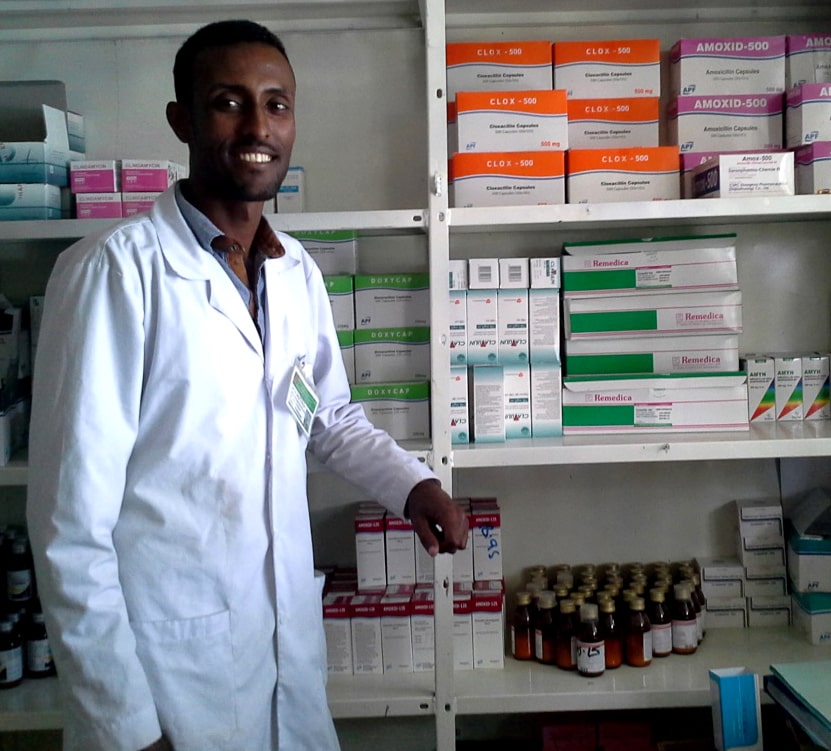
Overview
The USAID-funded Health Systems for Tuberculosis (HS4TB) project (2020–2025), led by Management Sciences for Health, worked to transform how national leaders and managers approach TB control and elimination. By integrating health systems strengthening into TB efforts, HS4TB aimed to build sustainable, locally driven responses capable of delivering lifesaving treatment and contributing to global TB targets.
Operating in Bangladesh, Ethiopia, India, and Kenya, the project supported governments in increasing domestic financing, optimizing the use of TB resources, strengthening leadership and technical capacity, and shaping policy. HS4TB emphasized alignment with national priorities, performance-based approaches, and inclusive engagement—particularly with women, youth, and marginalized communities.
A core objective of HS4TB was to prepare local organizations to serve as primary technical assistance providers and direct recipients of donor support. To achieve this, the project partnered with public financing expert Nathan Associates, women-owned small business Open Development, LLC, and a range of national and subnational actors.
While HS4TB has concluded, its contributions continue through practical tools and strategies designed to sustain and scale locally led TB systems.
Accelerating the End of TB: Field Research from Management Sciences for Health—2008-2024
Our volume of more than 120 peer-reviewed journal articles highlights MSH’s long-term commitment to ending the TB epidemic. Authored or co-authored by MSH technical experts for close to 20 years, these articles are important contributions to the evidence base of what works in the fight against TB, including systems strengthening innovations that improve access to both established and novel TB medicines, ensure safety and quality, and promote effective detection and case management.
TB FSI: Creating a Picture of Viable Funding for TB
At the United Nations High-Level Meeting on Tuberculosis in 2023, the world’s highest-burden countries committed to increasing domestic funding for TB prevention, treatment, and eradication efforts. In collaboration with partner Open Development LLC, the HS4TB project created a self-assessment tool—the TB Financial Sustainability Index (TB FSI)—to assist countries in identifying challenges and opportunities for sustainably financing their TB elimination efforts.
Join MSH at the Union World Conference on Lung Health 2024
Focused on our approaches in Ethiopia, Afghanistan, and Indonesia, our MSH delegates will discuss tuberculosis (TB) prevention and treatment in post-conflict environments, engagement of local organizations to ensure the sustainability of TB programs, and the development of public-private partnerships to elevate TB care delivery.
Donors & Partners
Donors
The United States Agency for International Development (USAID)
Partners
Nathan Associates
Open Development, LLC
